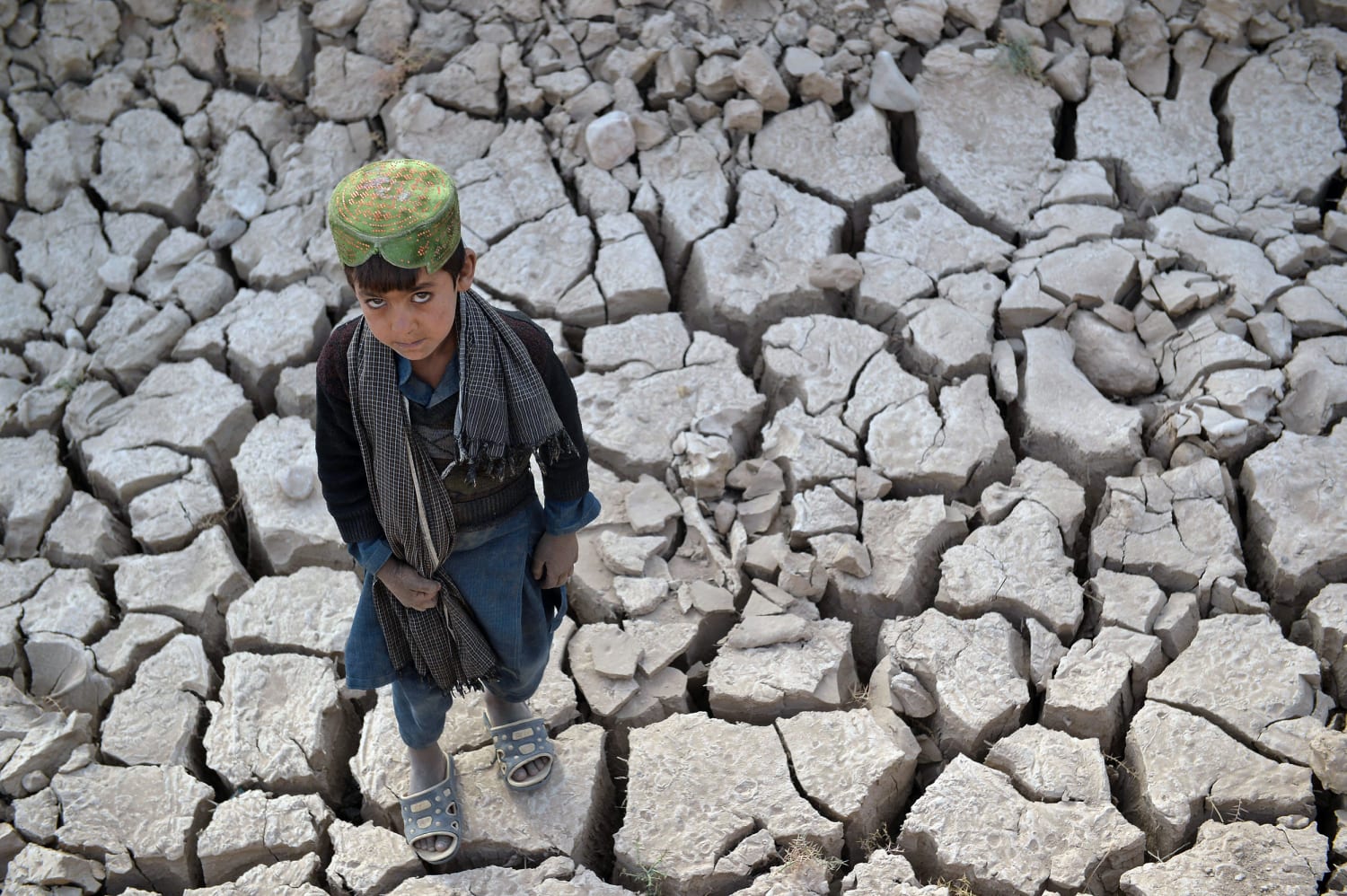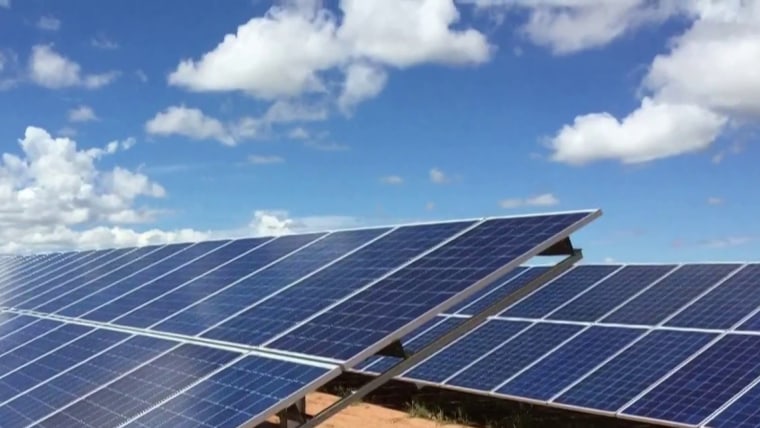“One of the most striking conclusions in our report is that we’re seeing adverse impacts being much more widespread and being much more negative than expected,” said Camille Parmesan, an adjunct professor of geological sciences at the University of Texas at Austin who was one of the authors of the IPCC report.
In some cases, global warming has already caused irreversible changes by altering the stability of terrestrial and marine ecosystems and driving species to extinction. Even in the best-case scenario, in which warming is limited to 1.5 degrees Celsius (2.7 degrees Fahrenheit), up to 14 percent of species will likely face a “very high risk of extinction,” the report found.
The availability of food will be a big issue
Extreme events, such as droughts and floods, have already exposed millions of people around the world to acute food and water insecurity, particularly in Africa, Asia, Central America, South America, the Arctic and small island nations, according to the report.
Climate change is also affecting the health of fisheries, soil and crops, all of which threaten to destabilize food supplies in the future.
“Overall, the picture is stark for food systems,” said Rachel Bezner Kerr, a professor of global development at Cornell University and one of the authors of the report. “No one is left unaffected by climate change.”
Global warming poses a major risk to human health
Climate change is already causing death and suffering around the world, the report found. Billions of people are facing threats from severe heat waves and other extreme weather events, along with mounting food and water insecurity.
A growing body of research has identified an increased risk of lung and heart diseases in populations exposed to wildfire smoke. Rising temperatures and increased rainfall could also expose communities to dengue fever and other mosquito-borne diseases as the insects expand their range, the report found.
For the first time, the IPCC report also linked climate change with mental health issues, analyzing ways that extreme weather events and other climate-related threats to people’s lives and livelihoods can affect mental well-being.
Kristie Ebi, a professor of global health at the University of Washington and one of the report’s authors, said more funding is needed to create more resilient communities and health care infrastructure around the world.
“People are suffering and dying right now from climate change, and we’re not seeing an investment to try and make sure that we are prepared for an even warmer future,” she said.
Poor communities are the most vulnerable
The report outlined that while no one is immune to the effects of climate change, the hardest-hit people and places are the ones least able to cope. Poorer countries that have contributed the least to human-caused climate change are being disproportionately affected by global warming, with lower-income populations, Indigenous communities, women and children bearing the greatest burdens.
Climate change also exacerbates social inequalities within countries and is expected to widen the gap between rich and poor nations.
The most vulnerable regions of the world include sub-Saharan Africa, Central America, South America and parts of Asia, according to the IPCC assessment. Pacific Islanders and residents of other small island nations are also facing significant risks from extreme weather and rising sea levels.
Source: | This article originally belongs to Nbcnews.com











